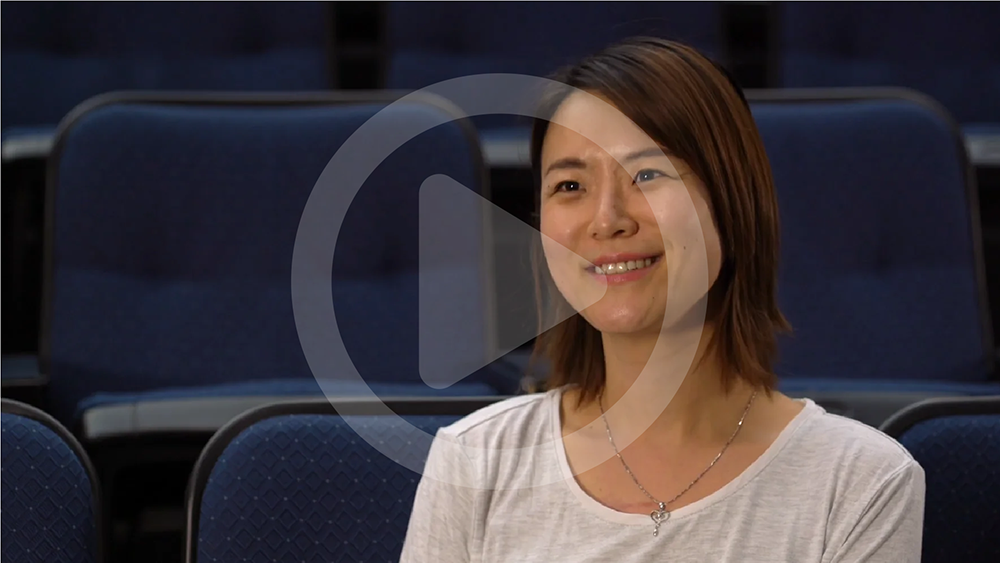Play a key role in the fight against cancer. Working in collaboration with other health professionals, Cytotechnologists provide information used to assess patient health and aid in the diagnosis of cancer.

The Medical Laboratory Sciences, which includes Diagnostic Cytology, is a regulated health profession. Cytology is the study of cells. Students in the Diagnostic Cytology program learn to detect and diagnose precancerous cellular changes, many different types of cancer and clinically significant infections.
After successful completion of the national certification exam, a working Cytotechnologist will evaluate microscope slides marking areas showing significant changes. In this profession, a Cytotechnologist may spend up to seven hours per day working at the microscope. Following standardized reporting terminology, the Cytotechnologist will make a diagnosis on each patient case. Abnormal gynecological cases and all non-gynecological cases will be sent to a Pathologist for final diagnosis. Cytotechnologists must be accurate, patient and have strong analytical and problem solving skills to rise to the challenge of making critical diagnoses. Cytotechnologists have limited contact with patients but still interact with other members of the health care team.
Graduates receive Michener’s Graduate Diploma in Diagnostic Cytology and may apply for advanced standing at York University (Atkinson College) and in the Bachelor of Health Administration program at Ryerson University.


